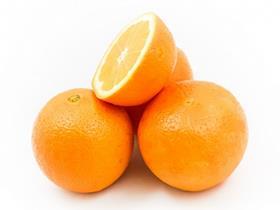
The head of South Africa’s Citrus Growers Association (CGA) has told reporters he is confident that improvements made this year to the way exporters manage the risk of citrus black spot (CBS) will result in the EU acting “favourably” when it comes to review its position once the 2015 season closes.
Justin Chadwick told Business Day that inspectors had recorded just 15 interceptions of suspected CBS in South African citrus shipped to the EU this season, the country’s lowest ever.
Improvements had been made since November 2013, he said, when European officials responded to concerns over the potential for CBS to establish itself in the EU by banning imported South Africa citrus imports. The ban was lifted in January 2014 but remains under review.
New figures from Europe’s Directorate-General for Health and Food Safety, which were published last week by the CGA, do appear to back that view, showing that South Africa’s CBS interceptions were down to 15, despite the country shipping around 50m cartons, or 700,000 tonnes to the region.
In contrast, Argentina reportedly exported 170,000 tonnes of citrus to the EU and incurred 17 CBS interceptions, while Uruguay’s interception rate reached 61 from just 55,000 tonnes – equal to one interception for less than every 1,000 tonnes.
From the 20,000 tonnes of that Brazil shipped to the EU in 2015, a total of 12 interceptions were made.
'We hope that [the EU] might consider reviewing their emergency requirements that place an additional burden. Hopefully, this good result will help lift those emergency requirements,' Chadwick commented.
Last week, Volkert Engelsman of Dutch importer Eosta suggested the reasons for placing additional demands on South African citrus exporters were mainly protectionist, rather than sanitary.



